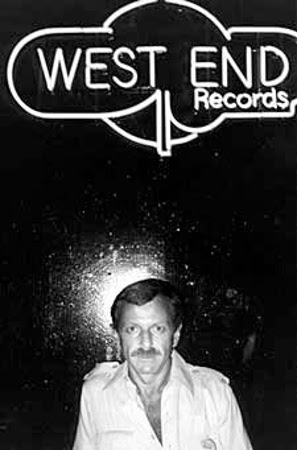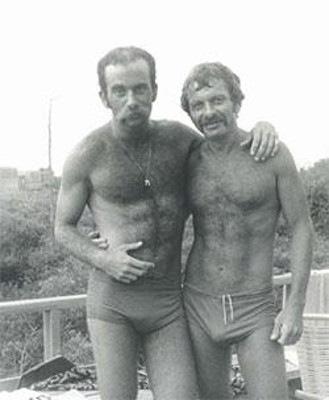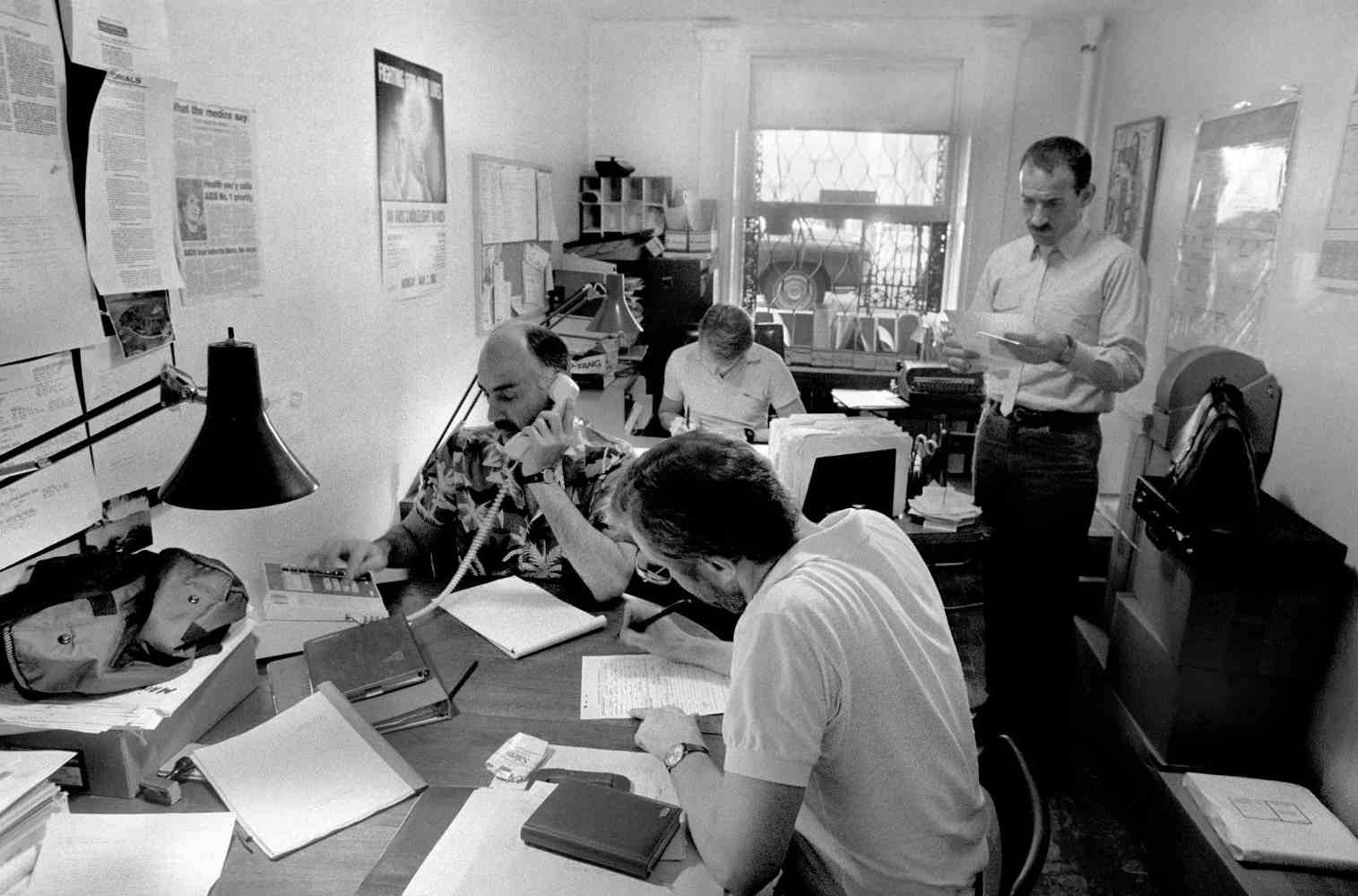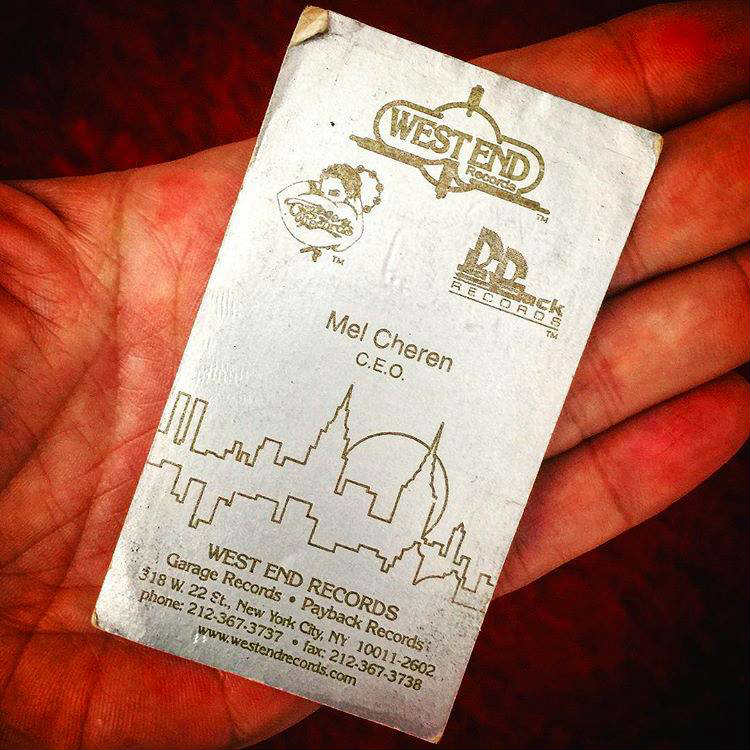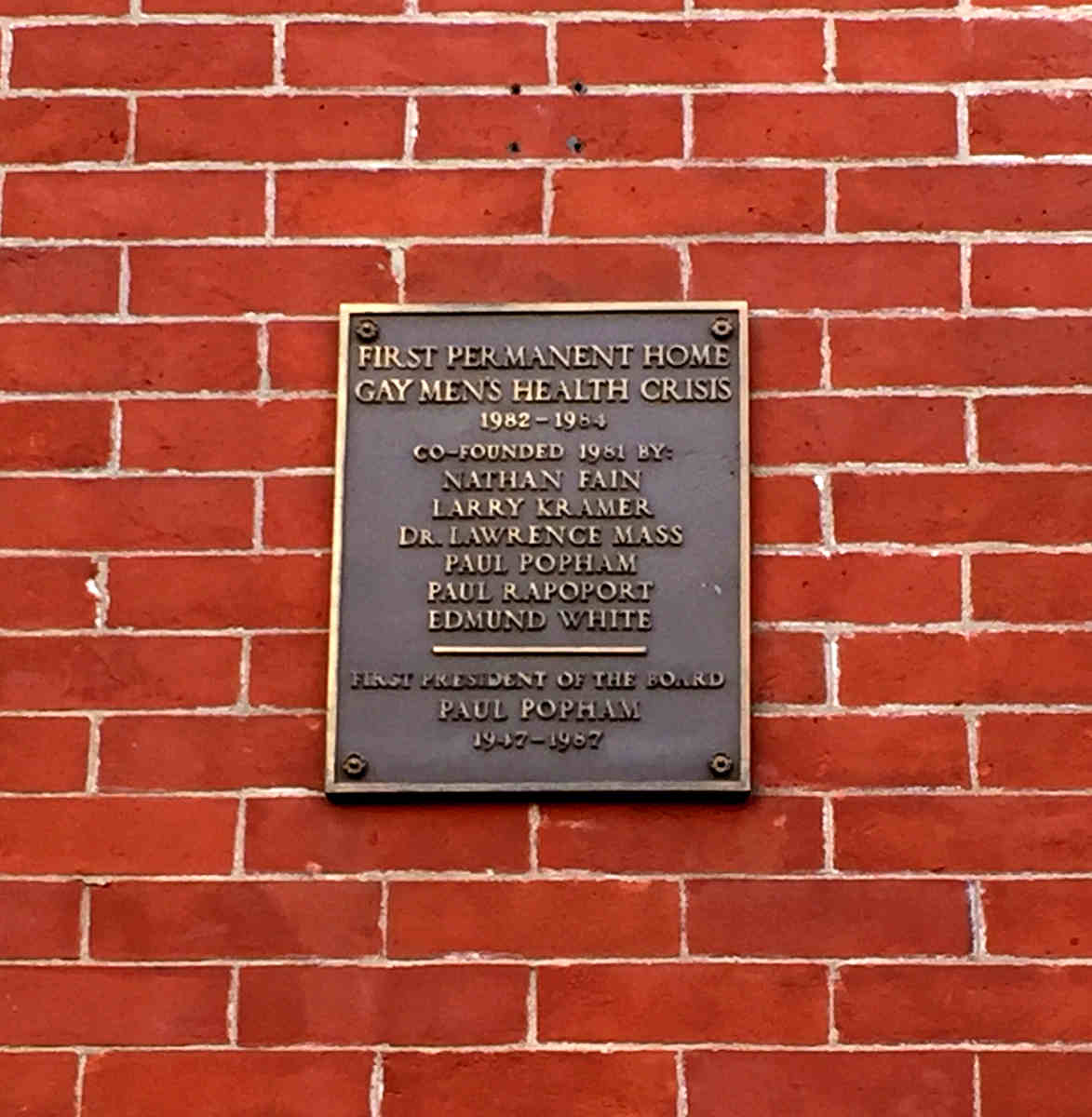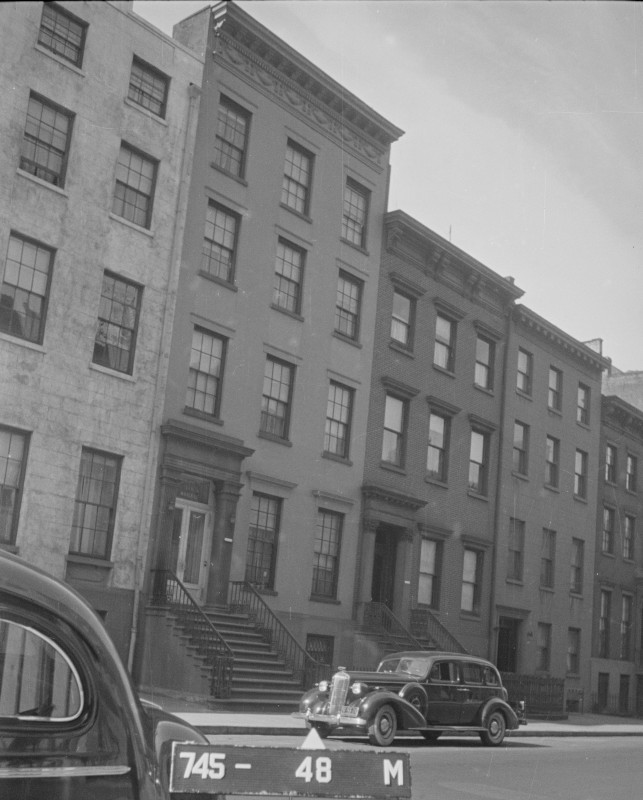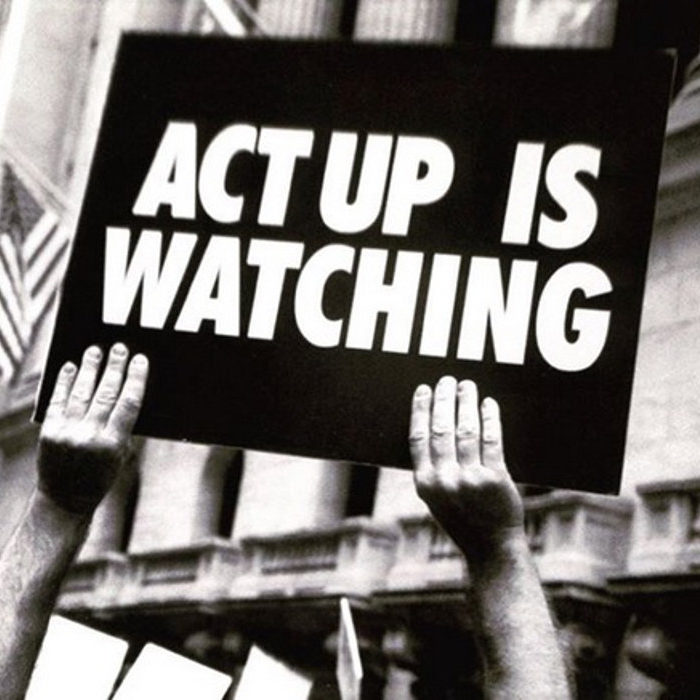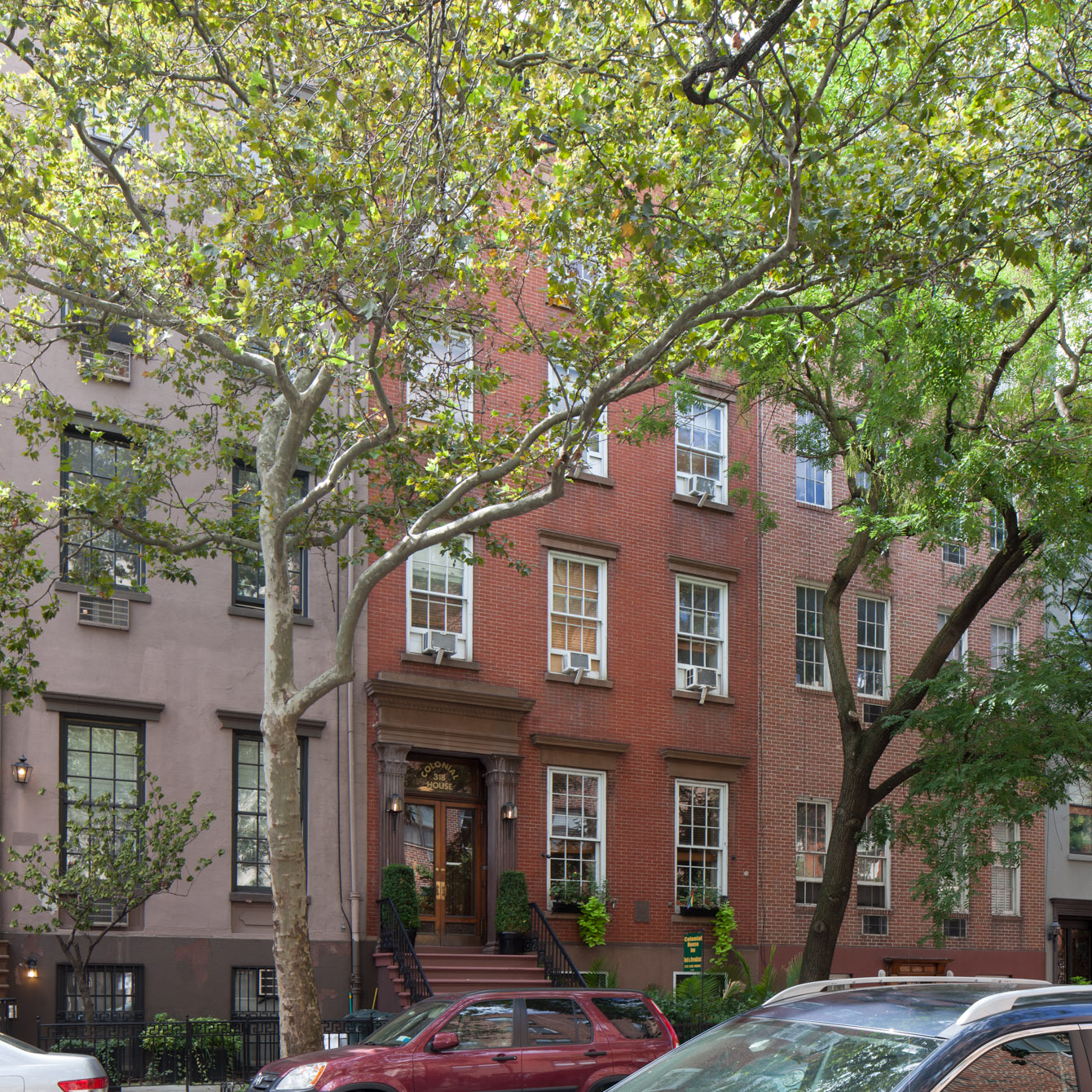
Mel Cheren Residence / Gay Men’s Health Crisis Office
overview
This Greek Revival rowhouse was the home of innovative record executive Melvin “Mel” Cheren and Paradise Garage founder Michael Brody beginning in 1973.
In 1982, Cheren, an early AIDS activist, provided space to Gay Men’s Health Crisis (GMHC) for its first offices.
History
In 1973, Mel Cheren (Melvin Cheren; 1933-2007) and Michael Brody (?- 1987) purchased what was a single-room occupancy hotel for $31,000. Cheren was an innovative record executive who is credited with inventing the 12-inch single and the purely instrumental B-side, which allowed a DJ to extend a dance song infinitely. He co-founded West End Records in 1976, which became one of the most influential music labels at the peak of disco music in the 1970s. The label produced such hits as Karen Young’s “Hot Shot,” Tanna Gardner’s “Work That Body” and “Heartbeat,” Bettye LaVette’s “Doin’ The Best That I Can,” and the NYC Peech Boy’s “Don’t Make Me Wait.” In 1977, Cheren was also one of the initial financial backers of the popular disco Paradise Garage, which was founded and owned by Brody, his former boyfriend.
Cheren, deeply affected by the AIDS crisis, offered his West 22nd Street home to the recently-formed Gay Men’s Health Crisis (GMHC), which used it as its first office between 1982 and 1984. GMHC had been established in the apartment of Larry Kramer in 1981 in response to what was then called a “gay cancer” affecting previously healthy young men in New York and California.
For two years, GMHC occupied the second and third floors, eventually taking over two-thirds of the building. While at this location, Roger McFarlane, GMHC’s first executive director, oversaw what had become a sophisticated social service agency with increasing political power, a board of directors, and 500 volunteers. Today, GMHC is the world’s leading provider of HIV and AIDS prevention, care, and advocacy with its main offices at 446 West 33rd Street.
When GMHC relocated in 1985, Cheren converted the building into the Colonial House Inn, a gay-oriented guesthouse, which is still in operation. In the late 1980s, Cheren founded 24 Hours for Life, a not-for-profit organization that raised funds from the music industry to benefit the AIDS crisis. Cheren, who lost 300 friends to the epidemic, died of pneumonia in 2007, a month after being diagnosed with AIDS.
Entry by Ken Lustbader, project director (March 2017).
NOTE: Names above in bold indicate LGBT people.
Building Information
- Architect or Builder: Unknown
- Year Built: 1848
Sources
Daniel Hurewitz, Stepping Out: Nine Walks Through New York City’s Gay and Lesbian Past (New York: Henry Holt & Co., 1997).
Dennis Hevesi, “Rodger McFarlane, Who Led AIDS-Related Groups, Dies at 54,” The New York Times, May 18, 2009.
Gary Taubes, “Who Still Dies of AIDS, and Why,” New York Magazine, June 8, 2008.
Gene Graham, The Godfather of Disco 2007, bit.ly/2dSs97B.
“Hotel History/Our Founder,” Colonial House Inn, bit.ly/2dQM9Iu.
Jon Pareles, “Paradise Garage: A Gay Club That Forever Changed Night Life,” The New York Times, June 18, 2000.
Maureen Dowd, “For Victims of AIDS, Support in a Lonely Siege,” The New York Times, December 5, 1983.
Do you have more information about this site?
This project is enriched by your participation! Do you have your own images of this site? Or a story to share? Would you like to suggest a different historic site?
